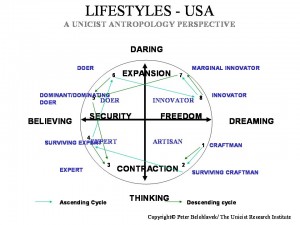33rd Anniversary of The Unicist Research Institute
To translate this post, click on the title to open it and then click on your flag in the right menu.
The Unicist Research Institute invites you to toast on its 33rd Anniversary. We invite you to light a candle for one minute on Monday, 1st of June at 1:00 pm New York time for the new era that began in the field of complexity management after the discovery of the ontogenetic intelligence of nature.

We are celebrating this anniversary having installed the countdown of the first ontology based knowledge building search engine available in the world:
We are making a business knowledge building engine available for the business world. It includes the technical, analytical and fundamental knowledge to make reliable decisions. The factual and analytical knowledge-base is provided by the existing search engines. The fundamentals knowledge bank is provided by The Unicist Research Institute based on almost 3,000 ontological structures, including the archetypes of 51 countries, researched and discovered during the last 30 years in the field of individual, institutional and social evolution. The unicist ontology based fundamental analysis made the approach to complexity reliable and a cybernetic approach to business possible. This participative knowledge building technology will expand the technical, analytical and fundamental knowledge bank ad infinitum.
Access more information on the ontogenetic intelligence of nature: http://www.unicist.org/deb_uoin.php
Executive Committee
The Unicist Research Institute
If you would like to receive monthly information on new scientific developments, please register here.
If you would like to get acquainted with unicist technologies, you can request an invitation as a Guest Participant in a module of Unicist Strategy.
